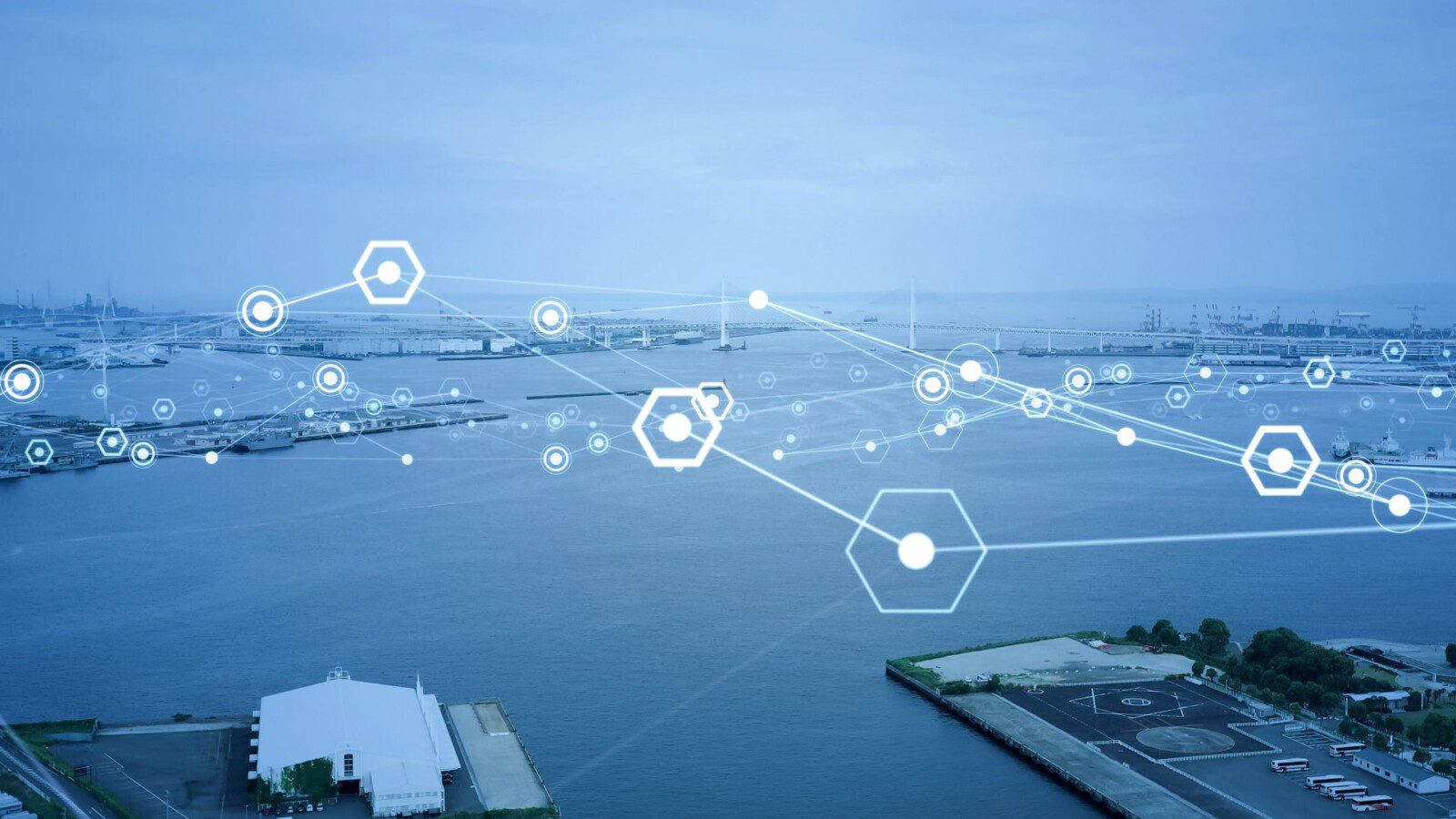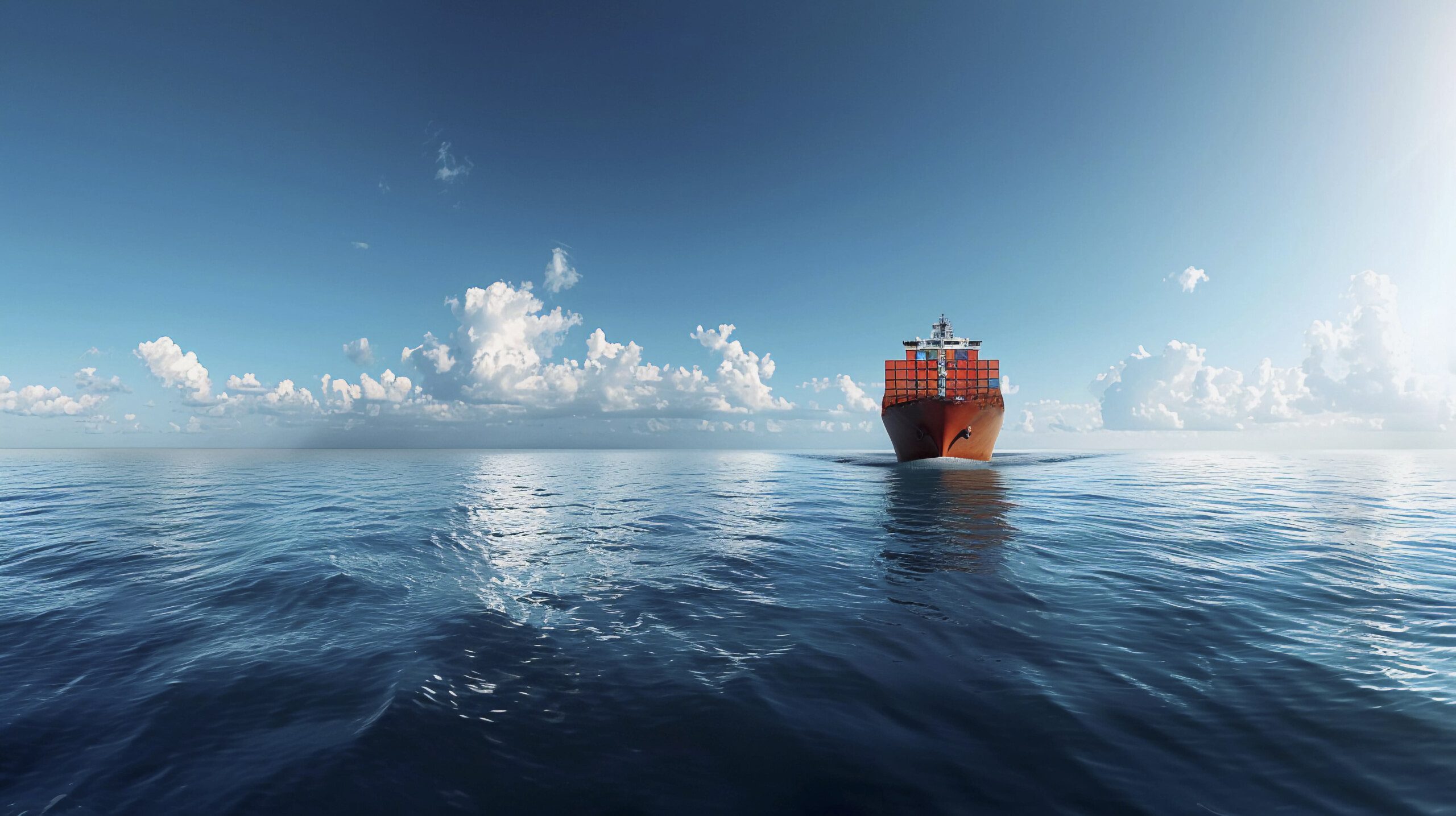Topics Explored
Maritime shipping has long been the engine of global trade, transporting around 90% of the world’s goods. But it’s also a major contributor to carbon emissions, responsible for roughly 3% of global greenhouse gases. As industries worldwide face mounting pressure to reduce their environmental impact, the shipping sector is undergoing a vital transformation. The tide is turning, and decarbonisation is no longer a choice, it’s a necessity.
Growing regulatory demands, technological innovation, and changing public expectations are prompting the sector to reimagine what modern maritime operations should look like. From fuels to digital systems and operational protocols, sustainability is taking centre stage. But decarbonisation also raises important operational and security questions that need careful planning and risk management.
This article explores the path toward maritime decarbonisation, the rise of green technologies, regulatory momentum, and how Securewest International can help shipping companies navigate this complex yet crucial transition.
Regulatory Momentum: IMO and the Road to Net Zero
Few organisations have had as much influence on maritime sustainability as the International Maritime Organisation (IMO). The IMO 2023 regulations introduced stricter measures on energy efficiency and carbon intensity for vessels. These include the Energy Efficiency Existing Ship Index (EEXI) and the Carbon Intensity Indicator (CII), which set new standards that assess a vessel’s energy performance and its operational emissions.
These maritime environmental regulations are part of the IMO’s broader vision to reduce greenhouse gas emissions from shipping by at least 50% by 2050, compared to 2008 levels. To meet this goal, the industry must take immediate steps to decarbonise existing fleets while designing more efficient ships for the future.
Moreover, the IMO is encouraging member states to develop their own national action plans. These localised initiatives promote stronger regional accountability and support infrastructure improvements at key ports and coastal regions.
But these regulations come with challenges. The maritime industry must not only retrofit and innovate, it must also re-evaluate training, safety standards, and operational protocols. Navigating these regulatory waters requires not just investment, but expert planning and integrated risk management.
Alternative Fuels in Maritime Shipping: A New Energy Era
Among the most exciting areas in maritime decarbonisation is the development of alternative fuels in shipping. Traditional heavy fuel oils are giving way to cleaner alternatives like LNG (liquefied natural gas), biofuels, ammonia, hydrogen, and methanol. Each of these has its pros and cons.
Ammonia, for example, is carbon-free but highly toxic, posing challenges for onboard storage and handling. Hydrogen is another clean option, but it requires costly infrastructure and new bunkering processes. Biofuels offer a bridge between legacy systems and future tech but come with varying levels of sustainability depending on how they are produced.
While LNG is not zero-carbon, it significantly reduces sulphur oxides and nitrogen oxides. As a transitional fuel, it allows companies to lower emissions while waiting for next-gen solutions to scale up.
Many pilot projects are already underway to test these fuels under real-world conditions. Ports across Europe and Asia are expanding their bunkering capabilities, and shipbuilders are designing dual-fuel engines and flexible propulsion systems to accommodate evolving fuel types.
The shift to alternative fuels also affects risk profiles. Flammable or toxic fuels may increase onboard hazards. Operators must ensure proper crew training, onboard safety equipment, and comprehensive response plans. This is where companies like Securewest International can help mitigate risk through tailored risk assessments and emergency planning.
Emerging Technologies Transforming Maritime Operations
Alternative fuels are only one part of the equation. The broader adoption of smart ship technology and emerging technologies in the maritime industry is transforming how vessels are designed, navigated, and maintained.
Some of the most promising innovations include:
- Energy-efficient hull designs using advanced materials and streamlined forms to reduce drag.
- Wind-assist propulsion like rotor sails and kite systems that harness natural forces.
- AI-driven energy management systems, which monitor and optimise fuel usage in real-time.
Other advances include digital twins, virtual models of vessels that simulate performance and identify inefficiencies before they become problems. Carbon capture systems are being trialled onboard ships, capturing emissions before they reach the atmosphere. For shorter routes, electric and hybrid propulsion systems are becoming more viable options.
Automation and IoT technologies are also enhancing fleet performance. Smart sensors track engine performance, fuel levels, and weather data. Predictive maintenance systems can prevent downtime and extend asset life. This combination of digital and mechanical innovation is key to improving overall efficiency and lowering emissions.

The Overlooked Decarbonisation Challenge: Security and Operational Risk
While the environmental and operational benefits of decarbonisation are clear, the hidden challenges, particularly around safety and security, are often overlooked.
Installing new fuel systems, integrating unfamiliar technologies, and overhauling crew operations come with inherent risks. Without proper safeguards, decarbonisation efforts can create vulnerabilities, both physical and digital. Crew must be retrained, vessels must be recertified, and emergency response plans must be updated.
As maritime operations become increasingly digitised, cybersecurity has emerged as a core concern. From navigation systems to onboard energy platforms, digital technologies are essential, but they must be secure to be effective. Without robust cybersecurity measures, these innovations risk compromising continuity, exposing sensitive data, or even putting lives at risk. The secure integration of digital systems should therefore be approached not just as a technical requirement, but as a strategic pillar of any resilient and forward-looking maritime operation.
Additionally, global inconsistencies in regulatory enforcement may delay infrastructure upgrades, creating logistical challenges. Port availability for alternative fuels may vary widely, impacting route planning and delivery timelines.
Securewest International supports companies in navigating this increasingly complex risk landscape. Through our maritime security services, we offer:
- Bespoke risk assessments tailored to decarbonisation projects
- 24/7 monitoring and response services to manage incidents onshore and at sea
- Crew training programmes aligned with emerging technologies
Securing the Future of Maritime Decarbonisation
The decarbonisation of maritime transport is an ambitious yet achievable goal. With new fuels, intelligent systems, and international collaboration, the industry is poised for a greener, more efficient future. But that future requires strategic planning, operational agility, and a commitment to security.
Companies that lead the way will be those who view decarbonisation not as a regulatory hurdle, but as a business opportunity. They’ll be better positioned to attract investment, satisfy customers, and build resilient operations capable of weathering tomorrow’s challenges.
At Securewest International, we stand ready to support maritime operators on this journey. Our decades of experience in maritime security and risk management mean we understand the challenges at sea and how to solve them. Whether you’re just starting your decarbonisation efforts or scaling up an ambitious green transition, we can help you do it safely and confidently.
Ready to decarbonise without compromise? Contact Securewest to explore how our maritime risk assessments and security services can support your transition to a cleaner, safer shipping future.
